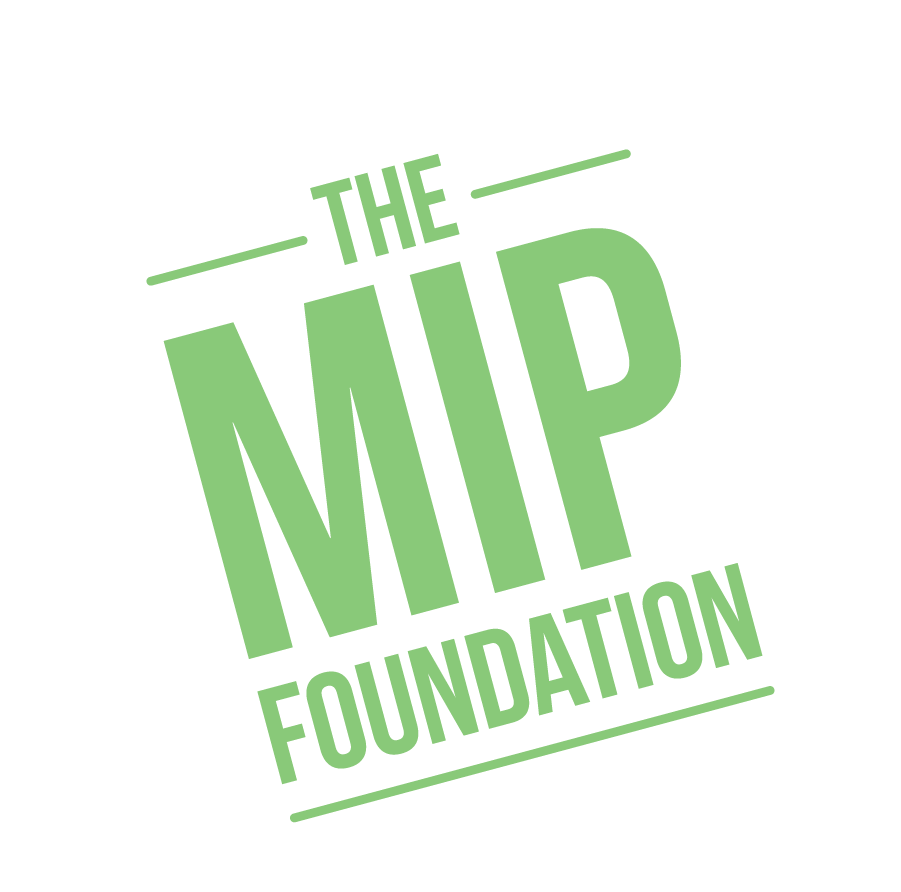When a teen is diagnosed with cancer, the immediate course of action is to begin fighting, using medicine and proven protocols that have a history of curing cancer and restoring them back to good health. However, there is more to beating cancer than just medicine. Teens and young adults are navigating a unique and very important developmental stage. They are exploring individuality and identity, discovering support systems, and encountering life milestones that are a challenge for all young people. Cancer disrupts this already complicated landscape, throwing these many difficult aspects and experiences of cancer treatment into the mix.
Teens with cancer can suffer from increased anxiety, depression, and concerns about mortality. Instead of hanging out with friends or attending school learning how to do calculus, they are learning what “making counts” means, hooked up to an IV pole, looking at the outside from the inside, often unable to be around friends because of not having an immune system. There are rarely “days off” with cancer.
The mip foundation
Connecting with a teen
A teen faces serious issues: infertility, poor body image, weeks of missed school, loss of friends, isolation, chronic pain, detoured dreams. Diagnosed with cancer as they are supposed to be gaining independence and discovering who they are, instead stripped of freedom and autonomy.
With advances in treatment many children are surviving and able to move forward in their life. But chemotherapy, radiation, surgery, and the overall experience of treating cancer can cause life long late effects. An estimated 70 percent of childhood cancer survivors have chronic side effects, and about one-third of those are severe or life-threatening. Late effects also include psychological concerns such as post-traumatic stress, anxiety, and depression and physical changes such as permanent physical changes, infertility, cognitive decline, and chronic pain.
“How, when you are only 15 years old, can you possibly be able to deal with the lifelong issue of infertility, knowing some day you would fall in love and have to share this aspect of yourself? This was a real part of our son’s life. As was the isolation, hopelessness and trauma that comes from a prolonged cancer battle. We felt an equally important part of his treatment was caring for and fostering his mental well-being, yet this was often difficult to accomplish. We found limited resources available to help a teenager facing cancer. This is why I started The MIP Foundation, to help other teens get the help they need.”
Melissa Delaney-Doliner, Founder, & Executive Director The MIP Foundation


